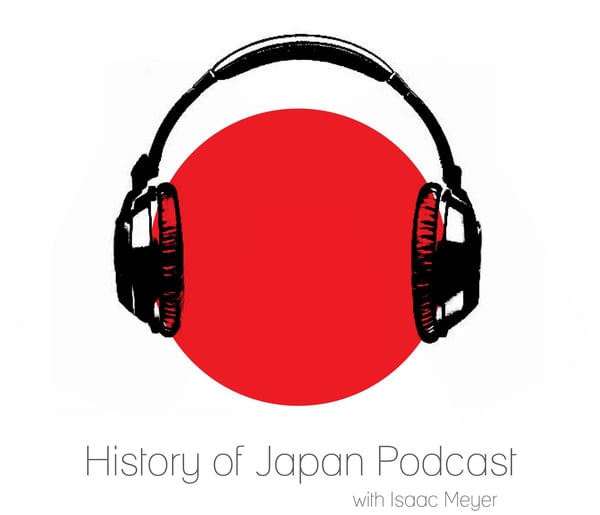Episode 565 - Riot Girls
History of Japan
Isaac Meyer
4.8 • 744 Ratings
🗓️ 14 February 2025
⏱️ 38 minutes
🧾️ Download transcript
Summary
This week: what do we know about women and the wrong end of the law during the Tokugawa Period? Given the male-dominated nature of the feudal social order and the historical written record, what can we figure out? And what are the limits of that knowledge?
Show notes here.
Transcript
Click on a timestamp to play from that location
| 0:00.0 | Hello and welcome to the history of Japan podcast episode 565, Riot Girls. |
| 0:20.5 | There's a bit of a coda, a related but distinct story to rioting in the Edo period that I want to touch on before we leave this subject behind. |
| 0:29.3 | I'd initially planned to incorporate it into the previous episodes, but on balance felt there just wasn't enough space to do that productively, and besides, |
| 0:38.1 | it's a pretty interesting story and deserves airtime in its own right. |
| 0:42.3 | You see, keen-eared listeners will note that in the last three weeks, one part of the Edo period |
| 0:47.2 | social order has been conspicuously absent in our discussion of social disruption. |
| 0:53.1 | We haven't really talked about the role of women in street riots or any sort of social |
| 0:57.9 | disruption, which is conspicuous to say the least, given that, you know, they make up half |
| 1:02.7 | of any given society. |
| 1:05.0 | Of course, during the Edo period, women did operate under pretty strict rules that limited |
| 1:09.6 | their access to the public sphere. |
| 1:12.1 | In the sphere of women's history, the age of the Tokugawa Shoguns from 1600 to the mid-1800s, |
| 1:18.7 | was defined by the philosophy of Neo-Confucianism. |
| 1:23.0 | This was a philosophy originating during the Song Dynasty of Imperial China, created by scholars |
| 1:28.8 | looking to systematize Confucianism into a sort of all-encompassing philosophy. |
| 1:34.6 | They wanted to create a worldview that didn't just provide thoughts on Confucius' primary interests, |
| 1:40.5 | morality, family, government, the relationship between the three, but which would give |
| 1:45.1 | answers for other questions ranging from the religious to the aesthetic to the social. |
| 1:51.2 | The closest comparison, if you're familiar with European history, would probably be the scholastic |
| 1:56.8 | philosophy of the medieval Catholic Church, with its fusion of Aristotelian Greek philosophy |
| 2:02.1 | and Christian doctrine, created by Thomas Aquinas and refined by his successors, into a consistent |
| 2:08.5 | worldview. |
... |
Please login to see the full transcript.
Disclaimer: The podcast and artwork embedded on this page are from Isaac Meyer, and are the property of its owner and not affiliated with or endorsed by Tapesearch.
Generated transcripts are the property of Isaac Meyer and are distributed freely under the Fair Use doctrine. Transcripts generated by Tapesearch are not guaranteed to be accurate.
Copyright © Tapesearch 2025.

